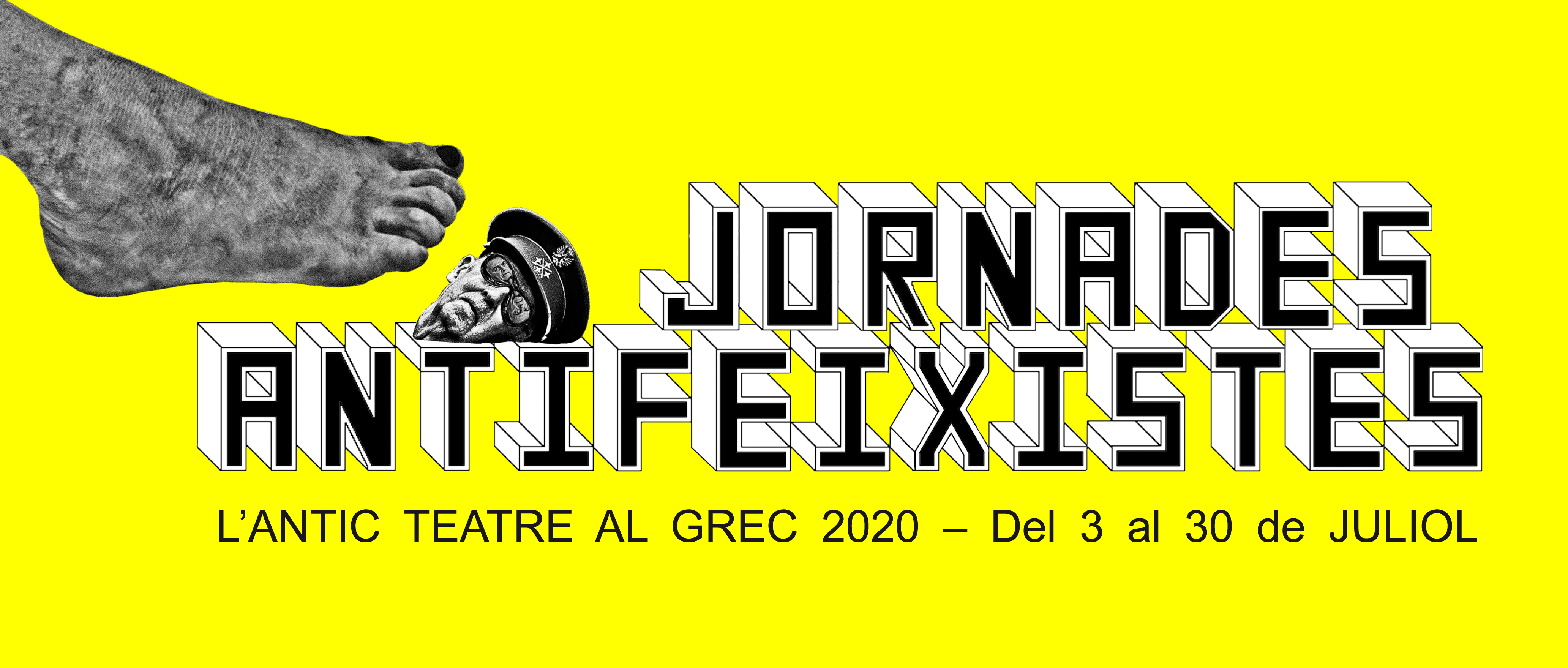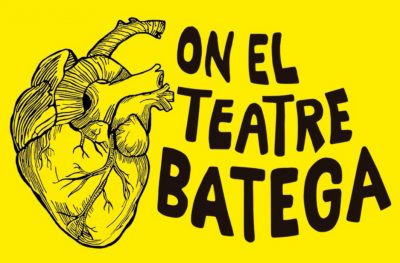
The Brasil Segrestat: Pytuhem: Uma carta em defesa dos guardiões da floresta (Pytuhem: A letter in defense of the defenders of the forest) will consist of a presentation, a performative conference, and a round table on LGBTQI resistance in Brazil.
Zahy Guajajara uses his life story to relate the journey of indigenous peoples’ struggle for “R-existence”. He speaks about the Guardians of the Forests, a group of Guajajara who fight for the preservation of the forests; about his people; about ancestors; and about rituals. The Guardians of the Forest in Arariboia – Maranhão also protect the Awá Guajá, Indians who reject contact with western civilization. The intensified deforestation caused by the fires set by groups of hunters and loggers is exhausting their water and food reserves. Since Bolsonaro became president of Brazil, five of the Forest Guardians have been murdered.
Guests taking part in the discussion:
Sônia Bone Guajajara is a Brazilian Indigenous leader. She holds a degree in Language and Nursing, specialising in Special Education, from Maranhão University. In 2015 she was awarded the Order of Cultural Merit.
Taciano Brito is the director of documentary Wazayzar that portrays the essence of the Guajajara people, their millenial traditions, and their battles to protect their sacred forest and their uncontacted cousins, the Awá Guajá indians.
Adriana Pimentel is a journalist and photographer, and collaborates with the Content Agency Eco Nordeste, from Barcelona to Fortaleza/Ceará – Brasil.
—
Zahy Guajajara was born in the Indigenous Reservation of Cana Brava, in Maranhão, Brazil, and in 2010 he moved to Rio de Janeiro where he became an Artivist and worked in television, theatre and cinema.
Mariana Vilas-Bôas, a native of Rio, is a stage manager with experience on television, theatre, and film projects. She has architectural training and directs experimental audio visual projects.
Zahy and Mariana began collaborating on videoperformance Aiku’è. In 2020 they joined forces once more and are looking for new methods of creation by exploring the limits of the social isolation imposed during the global Coronavirus pandemic. Politics manifesting through sensorial art.
“Antifascist struggle is still an issue in the 21st century and we need to remain alert and ready for combat given the resurgence of the far right in its new manifestations, whether at institutional level or on the streets. This year’s programme is in defence of a politicised international scene: artists and residents who do not forget their condition as a class and the social reality that surrounds us.
With the global pandemic and the resulting social and financial crisis, antifascist and antiracist movements must remain extremely active. This is why this year’s conferences are even more important, if possible, than they were last year, when we began to work on them for the Grec 2020 programme. They are a political declaration of support and joint strength against fascism.”
Semolina Tomic, Antic Teatre’s Artistic Director
“In Spain and in Brazil the transition to democracy retained certain conservative elements in a latent state that have now emerged and entered the institutions, supported by the advance of an international far-right front. In Brazil, the assumption of power by an alliance of contemporary neofascism motivated by unfettered liberalism is resulting in the systematic destruction of public institutions and policies that were many years in the making.” Isabel Ferreira and Eduardo Bonito, activists and independent curators.
With Antic Teatre at Grec 2020: Antifascist Conferences, we’re putting forward a programme adapted to an online format to stimulate encounters, reflection, and action. The Antifascist Conferences bring to the foreground how sociopolitical authoritarianism threatens people in Brazil today, living the extremely serious situation imposed b Bolsonaro’s neofascist government, and how it still affects those who lived through Franco’s dictatorship.




